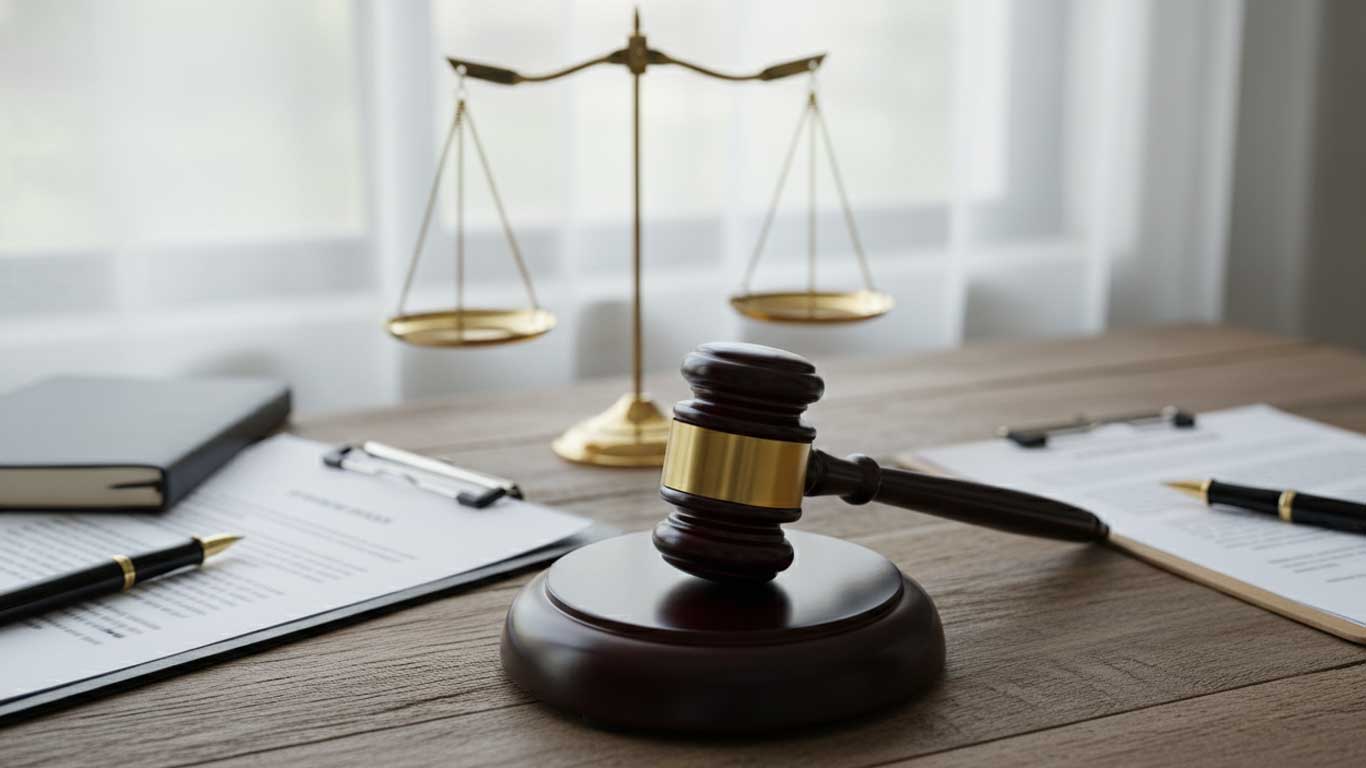
The Utah Supreme Court has issued a public reprimand to David O. Leavitt, the former Utah County Attorney, for violating Rule 3.6 of the Utah Rules of Professional Conduct. This rule restricts attorneys from making extrajudicial statements that could prejudice legal proceedings. The case stems from comments Leavitt made during a press conference about the high-profile murder case of Jerrod Baum.
Leavitt, who served as the elected Utah County Attorney at the time, decided to seek the death penalty against Baum for the brutal murders of two teenagers. To explain his decision, Leavitt held a press conference, which was streamed live on the Utah County Attorney’s Office’s Facebook page and attended by various media outlets. While explaining his reasons for pursuing the death penalty, Leavitt made several statements that the court found to be in violation of Rule 3.6.
The Offending Statements
The court’s opinion highlighted specific comments made by Leavitt that were deemed problematic. These included:
* Describing the victims as having been treated like “mere trash” by Baum.
* Characterizing Baum as “the sort of individual from whom society ought to be protected.”
* Stating that he was aware the death penalty would cost Utah County more in defense funds and that the alleged killer “may never be executed.”
* Making statements about the lack of connection to Utah County for the crime other than where it was committed.
* Saying that if pulling a trigger or injecting a needle would bring the victims back, he would do so personally.
* Vouching for the credibility of the State’s witness, proclaiming that “this witness is credible,” and “we believe this witness.”
* Opinining that Baum was guilty, saying, “And so, we know things that the jury will never hear which helps us to believe and strengthens our belief that this man committed this murder, these murders.”
The court found that these statements, particularly the ones that commented on Baum’s character, vouched for the credibility of a witness, and expressed a belief in Baum’s guilt, had a substantial likelihood of prejudicing the legal proceedings. The court specifically pointed out that the comments were made in relation to a capital criminal case, where the potential for prejudice is heightened.
The Legal Framework: Rule 3.6
Rule 3.6 aims to protect legal proceedings from potential prejudice caused by public commentary from attorneys. It states that lawyers participating in a case should not make extrajudicial statements they know or should reasonably know could be disseminated publicly and substantially prejudice the proceeding. The court emphasized that as officers of the court, attorneys have a responsibility to uphold the integrity of the judicial process.
The Standard of Review
The Supreme Court, in its review, had to determine if the Ethics and Discipline Committee’s findings were supported by evidence. The court noted that it has the authority to govern attorney discipline and that it would make an independent determination of the correctness of the sanction.
Leavitt’s Arguments
Leavitt argued that his statements were necessary to explain his decision to seek the death penalty and that they did not have a substantial likelihood of prejudicing the Baum proceedings. He contended that his comments were made to promote transparency.
The Court’s Analysis
The court found that Leavitt’s comments, particularly those expressing opinions on Baum’s guilt and vouching for witness credibility, violated Rule 3.6. The court determined that Leavitt reasonably should have known that these statements could prejudice the trial, especially given the high-profile nature of the case and the fact that Leavitt was speaking as the County Attorney.
The court noted that Leavitt’s position as County Attorney amplified the potential for prejudice, as his statements were likely to carry significant weight with the public. The court also considered the context in which the statements were made, including the live-streamed press conference and the extensive media coverage the case had received.
The Sanction: Public Reprimand
The court agreed with the Committee’s recommendation of a public reprimand. The court found that the appropriate presumptive sanction was a public reprimand because Leavitt acted with at least a negligent mental state and his statements interfered with the proceedings in the Baum case and caused injury to the legal system. The court considered the aggravating factor of Leavitt’s considerable experience in the criminal justice system and the mitigating factors, such as his good reputation and lack of prior disciplinary record.
The court concluded that the aggravating and mitigating factors did not warrant a departure from the presumptive sanction, ultimately affirming the public reprimand.